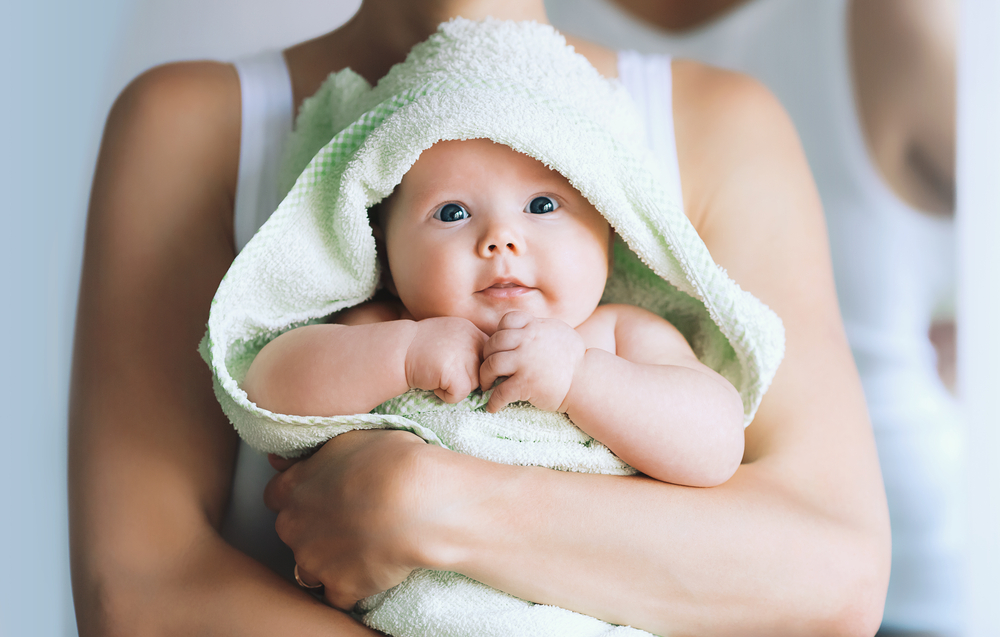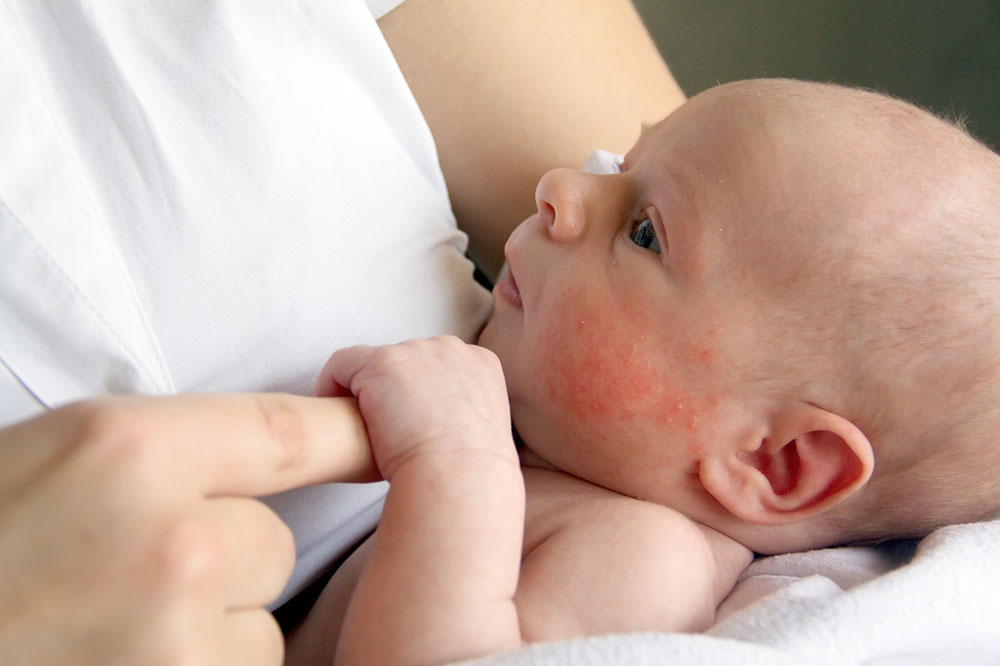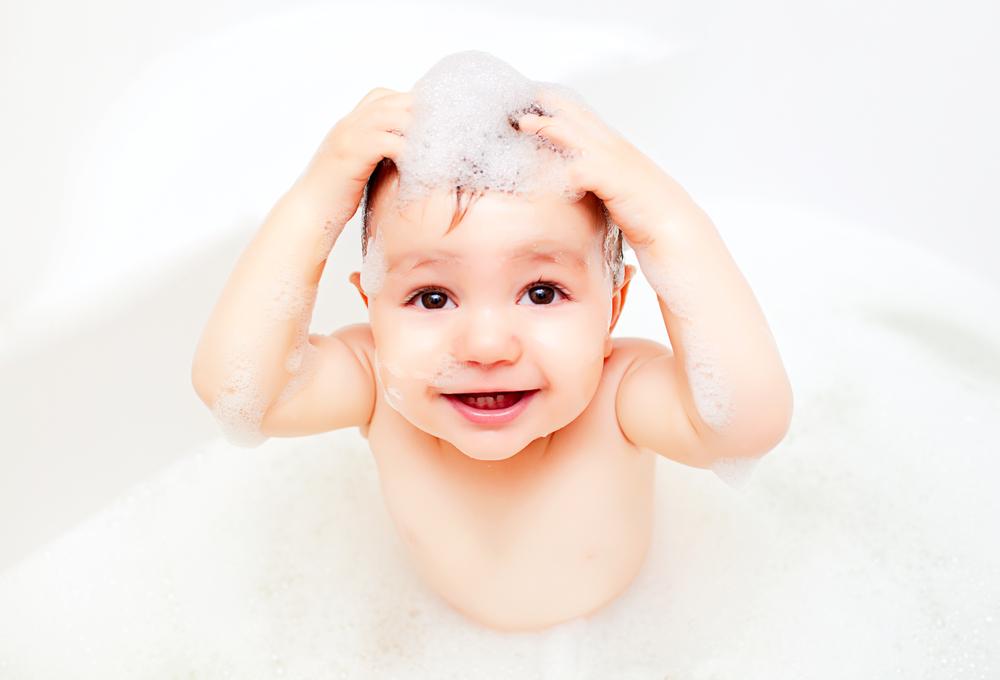Comprehensive Guide to Selecting Safe and Effective Baby Skin Care Products
This comprehensive guide helps parents choose safe, gentle, and effective baby skincare products. It emphasizes the importance of understanding ingredients, selecting suitable products, and avoiding harmful chemicals, ensuring your baby's delicate skin remains healthy and protected. Learn how to make informed decisions to promote your baby's skin health from infancy through toddlerhood.

Comprehensive Guide to Selecting Safe and Effective Baby Skin Care Products
Understanding Baby Skin Care Products: Essential Information for Parents As caring parents, it’s crucial to choose the right skin care products that are gentle, safe, and nourishing for your baby's delicate skin. The market is flooded with a plethora of options, each claiming to be the best for infants. From cleansers to moisturizers, selecting the appropriate products requires careful consideration of various factors, especially since a baby’s skin is significantly more sensitive than adult skin. Proper skin care from infancy can promote long-term skin health, prevent irritation, and support overall well-being. This comprehensive guide aims to equip you with essential tips and insights to make informed choices, ensuring your baby’s skin remains protected and healthy as they grow.
Important Tips for Baby Skin Care Newborns and infants have particularly sensitive skin that can easily become dry, irritated, or inflamed. To protect and maintain your baby’s skin, consider the following guidelines:
Limit the frequency of full baths for infants. Daily baths can strip natural oils, leading to dryness and compromising the skin’s natural barrier. Instead, opt for sponge baths or baths every 2-3 days, supplemented with gentle cleaning of face, hands, and diaper area.
Choose mild, baby-specific shampoos and soaps that are free from harsh chemicals such as dyes, alcohol, and synthetic fragrances. These ingredients can cause irritation or allergic reactions, especially in sensitive or eczema-prone skin.
Avoid using talcum powders, as inhalation of talc particles may cause respiratory issues in infants. Instead, use gentle, fragrance-free lotions regularly to soothe dry skin and prevent chafing, particularly in skin folds or diaper areas.
Consistently apply hypoallergenic, fragrance-free moisturizers to keep the skin hydrated. This is particularly important for babies with eczema or dry skin conditions.
Keep the skin clean and dry, especially in areas prone to moisture accumulation, to prevent diaper rash and irritation.
Ensuring the right skin care routine contributes significantly to your baby's comfort and skin health. Avoid products with unnecessary chemicals, and always be attentive to how your baby’s skin reacts to new products or changes in routine.
Essential Baby Skin Care Products to Consider To support your baby’s skin health, incorporating the right products into their routine is vital. Here are some key items every parent should consider:
Gentle Baby Cleansers: Mild, soap-free or low-pH cleansers designed specifically for newborns that contain nourishing oils or soothing ingredients. These cleansers gently remove dirt and excess oil without disrupting the skin’s natural barrier.
Diaper Rash Creams: These protect and soothe irritated skin caused by prolonged exposure to moisture from diapers. Look for products with zinc oxide or lanolin for effective barrier formation.
Baby Moisturizers: Specifically formulated for sensitive skin, these moisturizers help lock in hydration. Use fragrance-free, hypoallergenic options recommended by dermatologists.
Baby Oils and Massage Lotions: Natural or mineral-based oils can be used for gentle massage and to maintain skin suppleness. Choose products free from artificial fragrances and preservatives.
How to Choose the Right Baby Skin Care Products Selecting products that are compatible with your baby’s delicate skin involves careful evaluation. Here are some guidelines to assist you:
Look for labels indicating suitability for sensitive or delicate skin. Certifications like clinical testing or dermatologist approval can be indicators of safety.
Choose fragrance-free products to minimize allergic reactions. Synthetic fragrances are common irritants for sensitive skin.
Be cautious with natural products; 'natural' does not always guarantee safety. Some natural ingredients may still cause allergic reactions or hormonal effects. Consult your pediatrician before making significant changes.
Prioritize organic options that meet USDA standards, containing at least 70% organic ingredients. Organic products are generally free of synthetic chemicals and pesticides, making them safer for infants.
Ingredients to Avoid in Baby Skin Care Products When shopping for baby skincare products, it’s vital to be aware of certain ingredients that may pose health risks:
Propylene Glycol (PEG): Often used as a penetration enhancer in cosmetics, PEG compounds can be absorbed through the skin, potentially causing allergic reactions or toxicity. Avoid products containing PEG or derivatives like PPG.
Parabens: These preservatives, widely used to prevent microbial growth, have been linked to hormonal disruptions and reproductive issues. Manufacturers often include methylparaben, propylparaben, or butylparaben in their formulations—avoid these preservatives.
Triclosan: An antibacterial agent that has been associated with endocrine disruption and antibiotic resistance. Choose natural antibacterial ingredients like honey or tea tree oil instead.
Other chemicals such as benzoic acid, polyester, and synthetic dyes can also be irritants or allergens. Always read ingredient lists carefully and opt for products with transparent formulations.
In conclusion, selecting the right skin care products for your baby involves understanding their delicate skin, reading labels meticulously, and avoiding harmful chemicals. When in doubt, consulting healthcare professionals can provide personalized guidance suited to your child's unique needs. Proper skin care from an early age fosters healthier skin, reduces the risk of irritation, and nurtures your baby's overall comfort and happiness.




